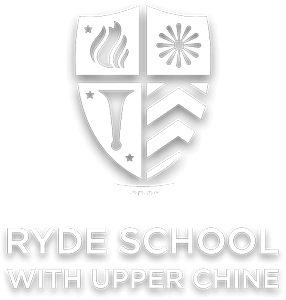- Home
- Sixth Form
- Courses at Sixth Form
- IB Chemistry
The IB Diploma Programme course is rigorous and ensures that it adequately prepares learners for university courses. There is focus on core chemical principles within the specification but also has an individual, experimentally based project which is worth 20% of the final grade.
ENTRY REQUIREMENTSGCSE Chemistry or Trilogy Science (Dual Award) Grade 6, A Level students must either take Maths in Context as their enrichment choice or A Level Maths. “Chemistry has enabled me to improve my lab and analytical skills, further my understanding and enabled me to develop my problem solving abilities.” WHERE THIS SUBJECT CAN TAKE YOUPrevious Ryde students have gone on to a plethora of career choices and university courses due to the massive diversity that this subject affords. Chemistry is an important subject for careers in: Medicine, Environmental Science, Engineering, Toxicology, Developing Consumer Products, Metallurgy (studying how metals behave), Space Exploration, Developing Perfumes and Cosmetics, Pharmaceuticals, Energy, Teaching, Science Writing, Software Development and Research to name but a few. AWARD – IBDP - Chemistry (Sciences – Group 4)
|











